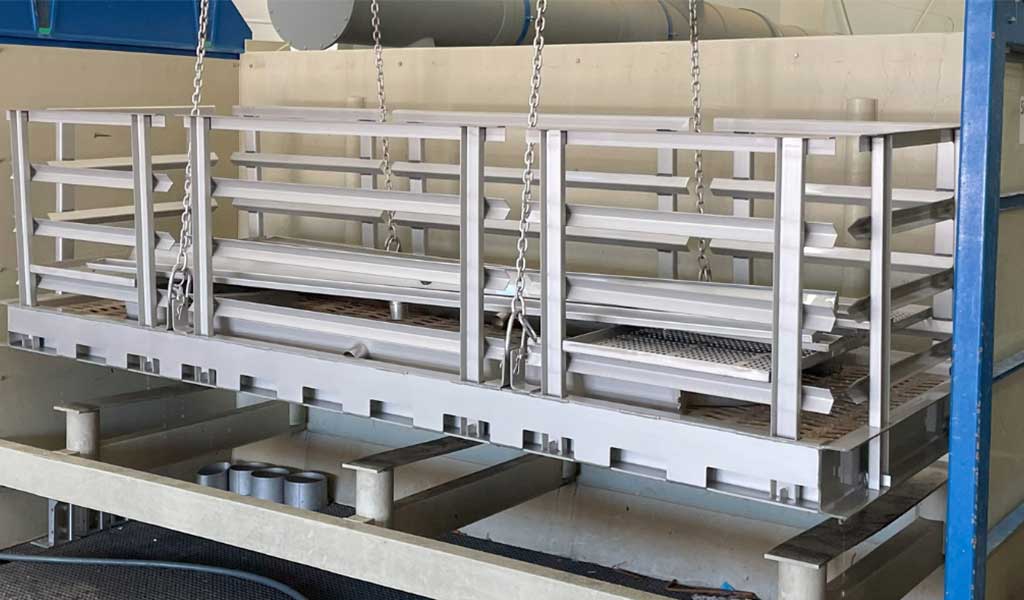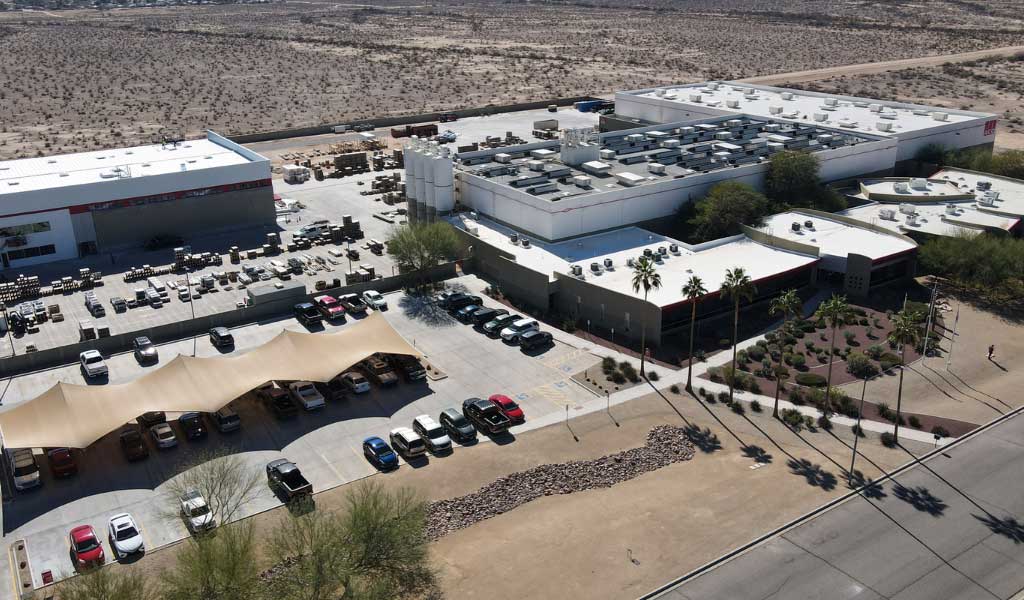The Pickle Passivation Process: Enhancing Metal Surfaces for Optimal Performance
In various industries, such as manufacturing, food processing, aerospace, and automotive, the performance and longevity of metal surfaces are crucial. One effective method for achieving this is through the pickle passivation process. This blog will delve into the intricacies of pickle passivation, explaining the process, its benefits, and its significance in different industries.
What is Pickle Passivation?
Pickle passivation is a chemical treatment used to remove impurities and contaminants from the surface of metal objects. It primarily targets stainless steel, which is widely used due to its corrosion resistance, strength, and aesthetic appeal. Over time, stainless steel surfaces can accumulate contaminants like free iron, oxides, scale, and other organic and inorganic residues. These impurities can compromise the material’s performance, leading to reduced corrosion resistance and potential failure.
The Process
Pickle passivation involves a series of steps that restore the stainless-steel surface to its optimum condition. Here is an overview of the process:
- Pre-Cleaning: The metal object is thoroughly cleaned to remove any loose dirt, oil, grease, or other visible contaminants.
- Pickling: The object is immersed in a pickling solution, usually an acidic bath containing a mixture of nitric acid and hydrofluoric acid. This solution removes impurities, oxides, and scale from the surface, revealing a clean metal substrate.
- Neutralization: After pickling, the object is rinsed to remove any residual pickling solution. This step is crucial to neutralize the remaining acid and prevent any adverse reactions.
- Passivation: The object is then immersed in a passivation bath, which contains an oxidizing agent such as nitric acid. This bath promotes the formation of a protective chromium oxide layer on the metal surface, enhancing its corrosion resistance.
- Final Rinse: Finally, the object is thoroughly rinsed to remove any remaining chemicals or residues from the passivation process.
Benefits of Pickle Passivation
- Corrosion Resistance: Pickle passivation removes impurities and contaminants that can compromise the corrosion resistance of stainless steel. By creating a protective chromium oxide layer, the process significantly enhances the material’s resistance to rust, oxidation, and other forms of corrosion.
- Aesthetic Appeal: Metal objects that undergo pickle passivation gain a satin matte finish. The process eliminates surface oxidation from welding, stains, and tarnishes, giving the material a uniform finish.
- Improved Longevity: By eliminating impurities and restoring the corrosion resistance of stainless steel, pickle passivation helps extend the lifespan of metal objects. It ensures that they can withstand harsh environments, chemicals, and other challenging conditions without compromising their performance.
- Regulatory Compliance: In industries such as food processing and medical equipment manufacturing, there are strict regulations regarding the use of materials that come into contact with consumables or patients. Pickle passivation helps meet these requirements by removing contaminants that could potentially contaminate the product or cause harm.
The pickle passivation process plays a crucial role in enhancing the performance, longevity, and appearance of stainless-steel surfaces. By removing impurities, oxides, and scale, and by promoting the formation of a protective chromium oxide layer, pickle passivation significantly improves the corrosion resistance of metal objects. This process is particularly important in industries where hygiene, durability, and regulatory compliance are paramount. Whether it’s in food processing equipment, aerospace components, or medical devices, pickle passivation ensures that stainless steel surfaces maintain their integrity and functionality over time. By investing in pickle passivation, industries can reap the benefits of improved performance, reduced maintenance costs, and enhanced product quality.


